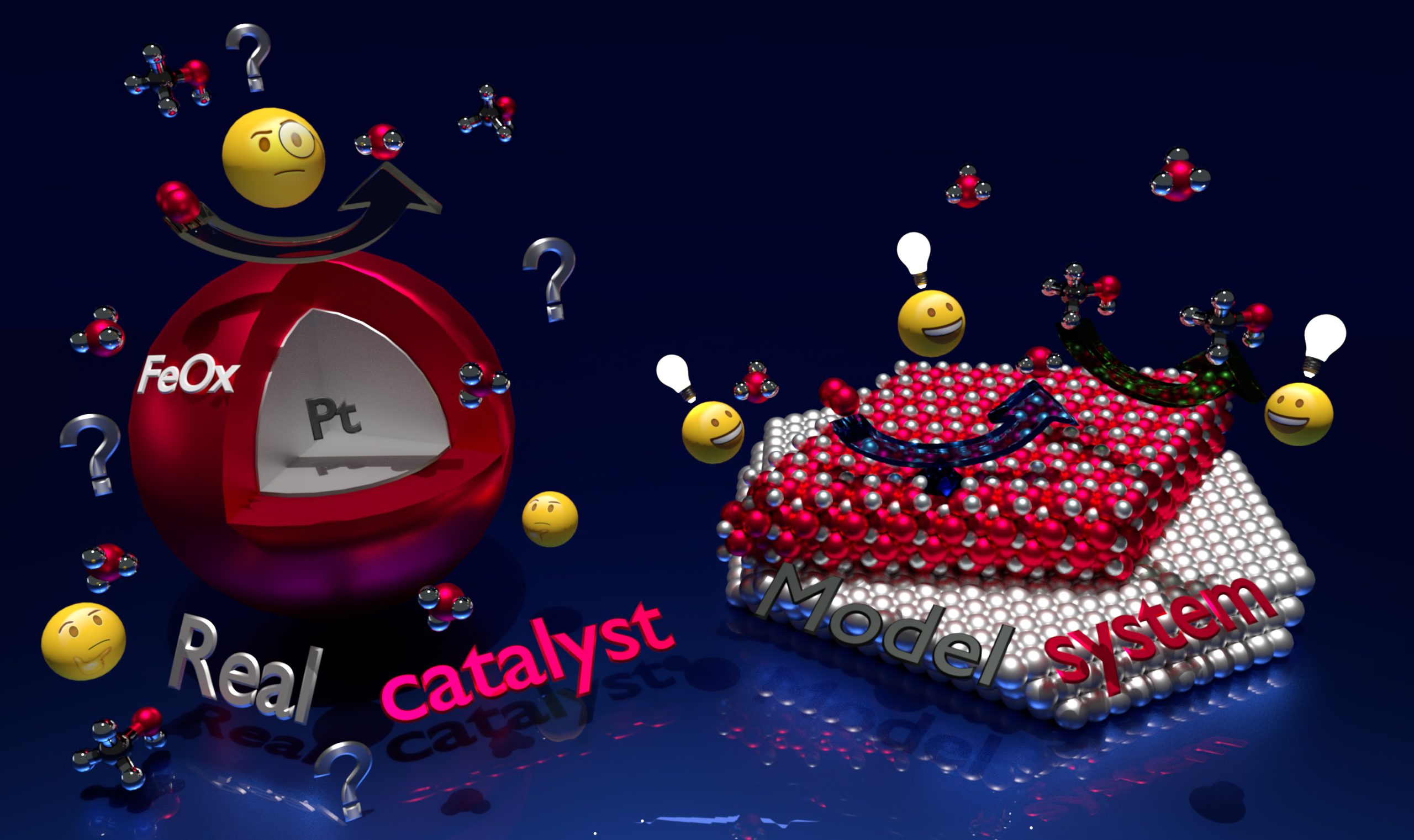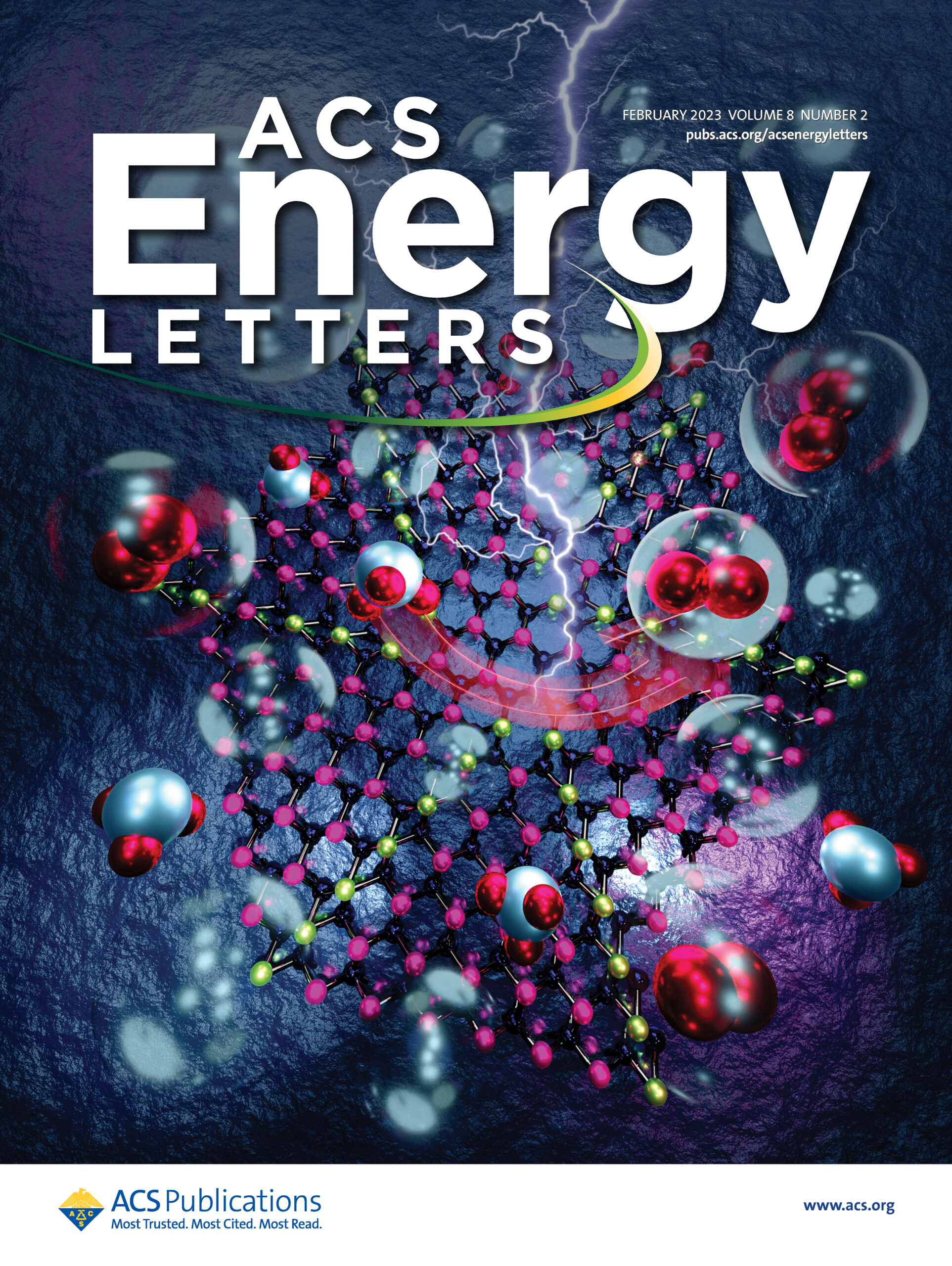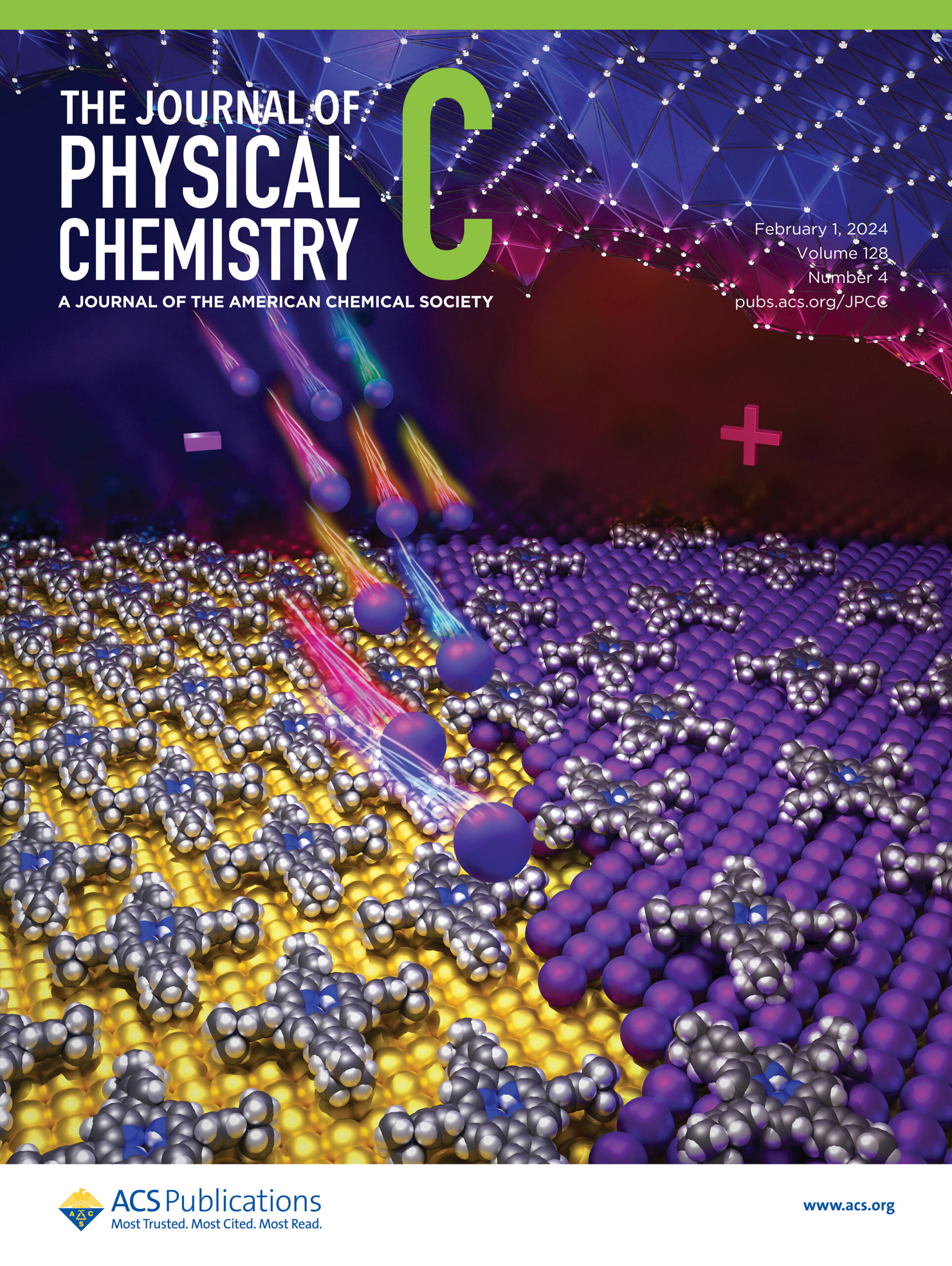
Current Main Project:
Atomic-Scale Investigation of 2D Materials for Energy Storage and Conversion
We are excited to announce the launch of our latest project, funded by the National Science Centre (NCN) under the SONATA-17 call (project no. 2021/43/D/ST3/02873), led by Principal Investigator Tomasz Kosmala. This project aims to delve deep into the atomic-scale investigation of 2D materials to enhance energy storage and conversion technologies.

Project Overview
The efficient conversion of chemical energy into electricity, and vice versa, is crucial for the advancement of sustainable energy technologies. Our research focuses on understanding the key interfacial phenomena at the nanoscale, such as interfacial electronic hybridization, electron tunneling, and steric confinement, which significantly impact electrocatalytic activity.
Research Goals
- Innovative Electrocatalysts: We aim to develop advanced electrocatalysts for fuel cells and electrolyzers, exploring materials beyond the costly and scarce platinum group metals.
- Model Systems: Investigating core-shell type nanostructured electrocatalysts based on 2D materials like graphene and transition metal dichalcogenides.
- Surface Science Techniques: Employing state-of-the-art techniques such as Electrochemical Scanning Tunneling Microscope (EC-STM), Raman spectroscopy, and X-ray photoemission spectroscopy (XPS) to analyze material properties at the atomic level under operational conditions.

Significance of Our Research
Our innovative approach combines microscopic and spectroscopic techniques to:
- Identify reaction pathways and selectivity drivers.
- Understand activation mechanisms of 2D materials.
- Investigate mechanisms of degradation and transformation under operational conditions.
By precisely defining the relationship between catalytic activity and material structure, we aim to design novel heterogeneous electrocatalysts with improved stability and efficiency, paving the way for significant advancements in energy storage and conversion technologies.
Join Us on Our Journey
Explore our groundbreaking research and stay updated on our latest discoveries as we work towards creating sustainable and efficient energy solutions for the future.



